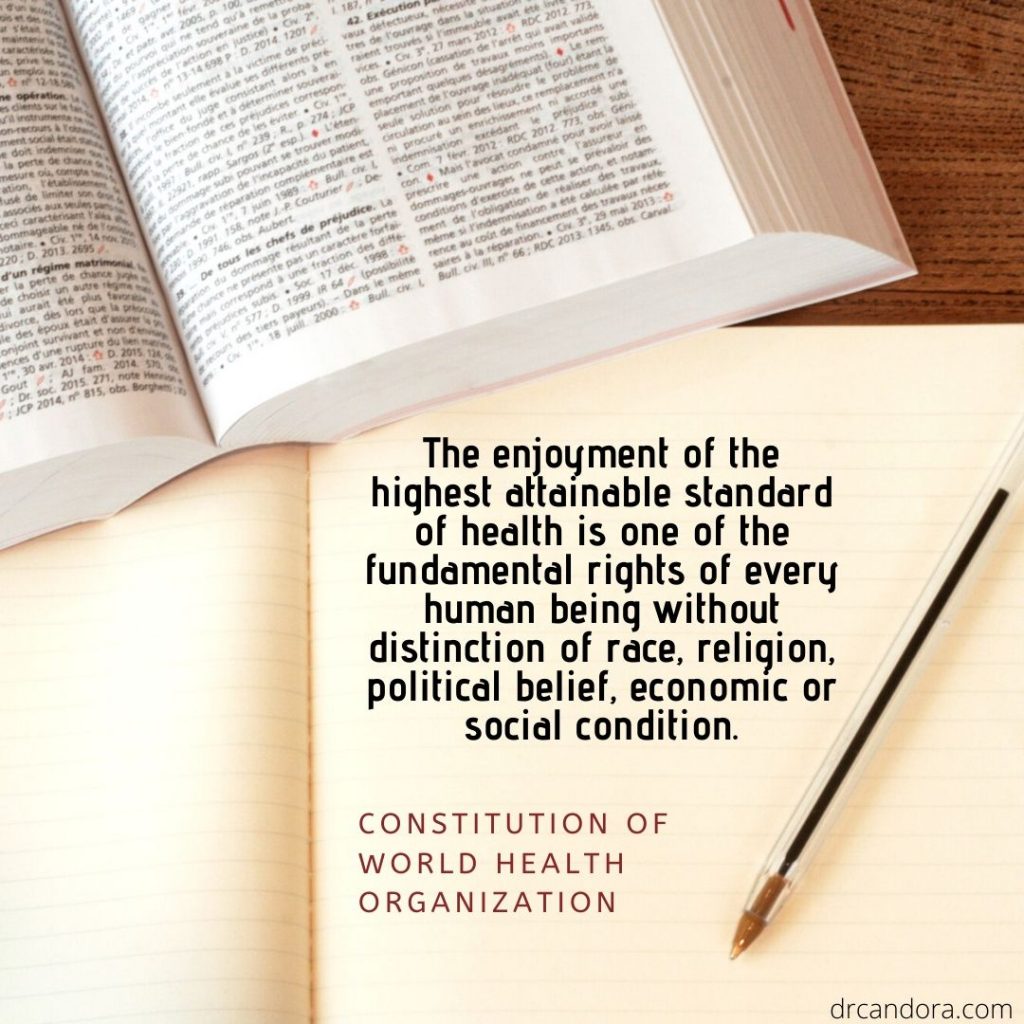When I was on duty in a remote subdistrict of eastern Indonesia. A pregnant woman transported to primary health centre, she was loss of consciousness and seizure. It was an emergency situation. She suffered of eclampsia. The nearest hospital about 4-5 hours and access to get there is difficult. The land road was bad, ambulance could not operated. Her husband had to find boat for rent. Further problem, she came from poor family and no health insurance. It took time to find vehicle and gathered donation from the community member. She could not refer as soon as possible while her condition became worse over time.
This situation might be contrast if it happen in developed cities where hospitals and obstetrician available and easy to access. There is a dramatic gap in fulfillment of health access for community who live in rural, remote and border area compare to population in urban of Indonesia. As shown in the case above, undeveloped infrastructure to access tertiary health facilities bring health inequity for the community in remote area.
What is health inequity?
Health inequities are unjust differences in health status or in the distribution of health sources between different population group, arising from the social conditions in which people are born, grow, live, work, and age. These differences happen because of social stratification factors including socioeconomic, political and cultural. Since health inequity is unfair, The right formula of government policies must reduce it.

Are the terms of health inequity and inequality the same? These terms are different. Inequity refers to unfair, avoidable differences arising from unequal distribution of resources that might be due to poor governance, corruption, or cultural exclusion. While inequality generically refers to differences in health of individuals or group as a result of genetic or other factors or the lack of resources. So, health inequity is a preventable health inequality.
What are the causes of health inequity?
Adequate evidence shows that social determinants can influence how healthy a person. Social determinants are including income and social status, education, physical environment, social support networks, genetic, health services, and gender. People are unable to control all that factors directly. For instance, pregnant women will lose opportunity for safe delivery due to unavailable health professional in a remote village.
Health inequities are unjust circumstances that not happen by chance. The root causes of health inequities are complex and diverse in each country. Health inequities occur due to unequal distribution of power, wealth, income and other resources. These situation will influence the social determinants of health that disadvantage people and limit their chances to achieve healthier life. For example lack of access to clean water limit people to practice basic hygiene that important for health. Richest households are three times more likely to have access to safe drinking water than the poorest in Indonesia.
The context of people’s lives determine their health, and so blaming individuals for having poor health or crediting them for good health is inappropriate
Health in All Policies, World Health Organization (2015)
Where does health inequity occur?
Health inequity happen not only in between countries or regions but also within country. For instance, life expectancy of person who lives in Japan about 84 years, in contrast to Central African Republic about 53 years old.
Health inequity within country also exists. For example, unequal distribution of health professional in rural and urban part of Indonesia. About 62.7% of total medical doctors are concentrated in Java island. There are about 18.206 medical doctors in East Java province while only 358 in West Borneo. Indonesia’s Health and Demographic survey 2002-2003 found that mortality rate of child under five years old is higher in rural compare to urban area, about 65 per 1.000 and 42 per 1.000 live, respectively.
Why must reduce health inequities?
“…Everyone has the right to a standard of living adequate for the health and well-being of himself and of his family, including food, clothing, housing and medical care and necessary social services, and the right to security in the event of unemployment, sickness, disability, widowhood, old age or other lack of livelihood in circumstances beyond his control…”
Article 25, United Nations Universal Declaration of Human Rights (1948)
- Health equity is the fundamental aspect of overall equity and justice. Inequity in health become unfair if it is a result of unjust distribution of essential social determinant of health. For example, unequal opportunities for good health services and education.
- Good health ensure individual participate in society. Healthy person will contribute in community action that has potentially consequences for economic perfomance.
- Health inequities affect everyone. Most adversely impact is for impoverished and vulnerable people. The effect is not limited to the person but spread to the rest of society. For example, lack of commitment from policy maker for tuberculosis control and less accessible of tuberculosis treatment lead to spread of the disease to other family member and neighborhood.
Health inequity are preventable and avoidable since the health disparities are arise from the result of unjust public decision or policy options of a country, such as tax policy, regulation of business and labour, welfare benefits and health care funding. The right mix of government policies can reduce health inequity.











